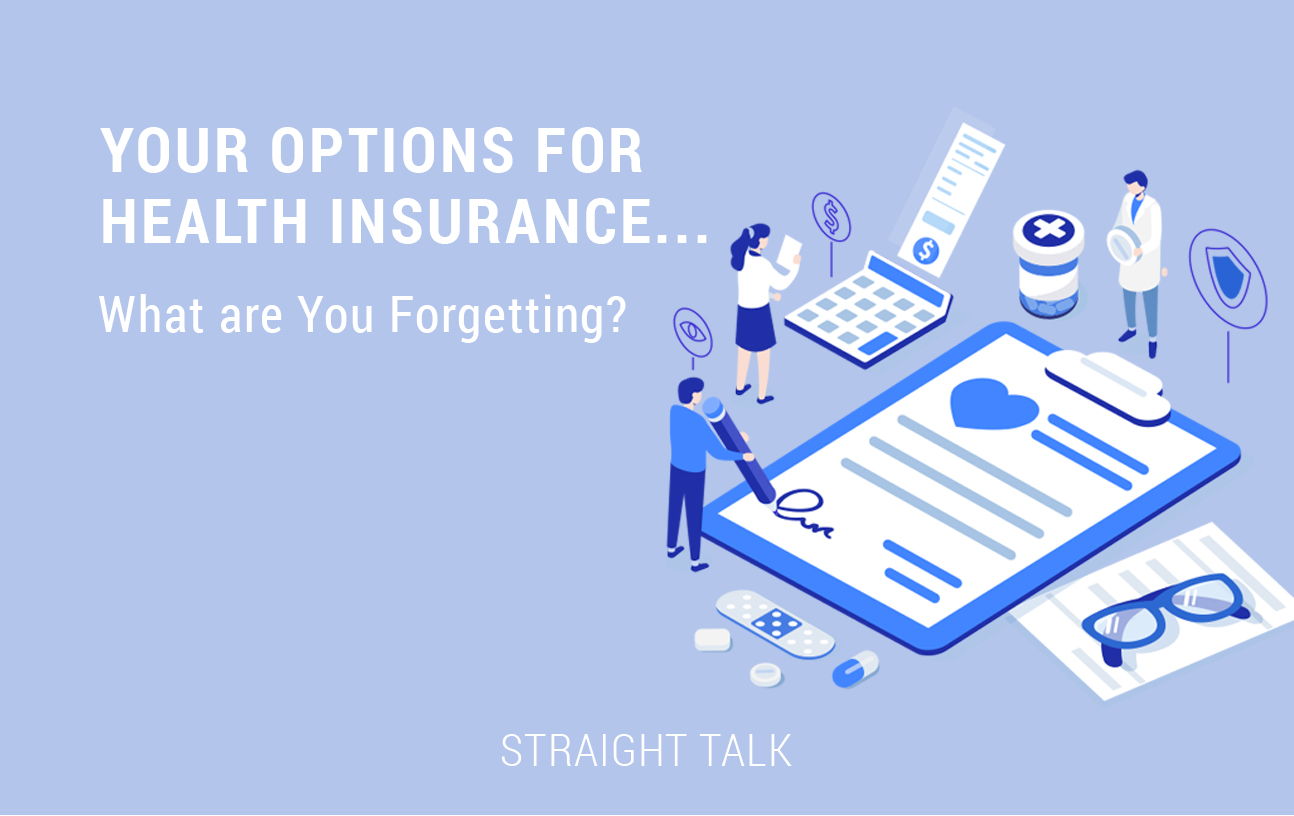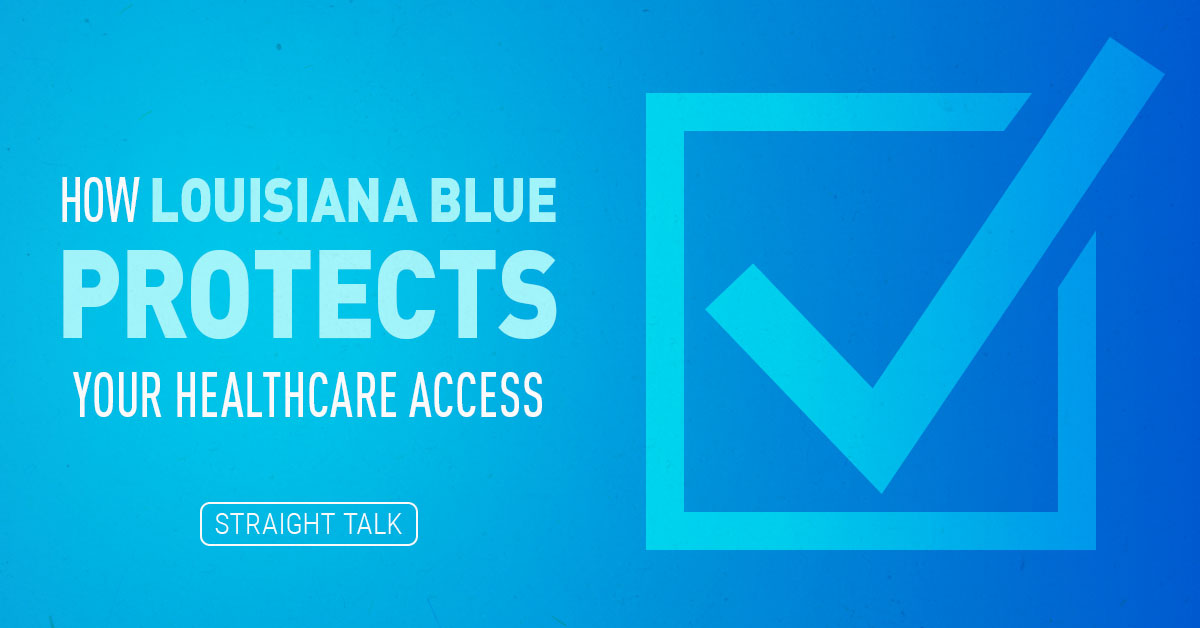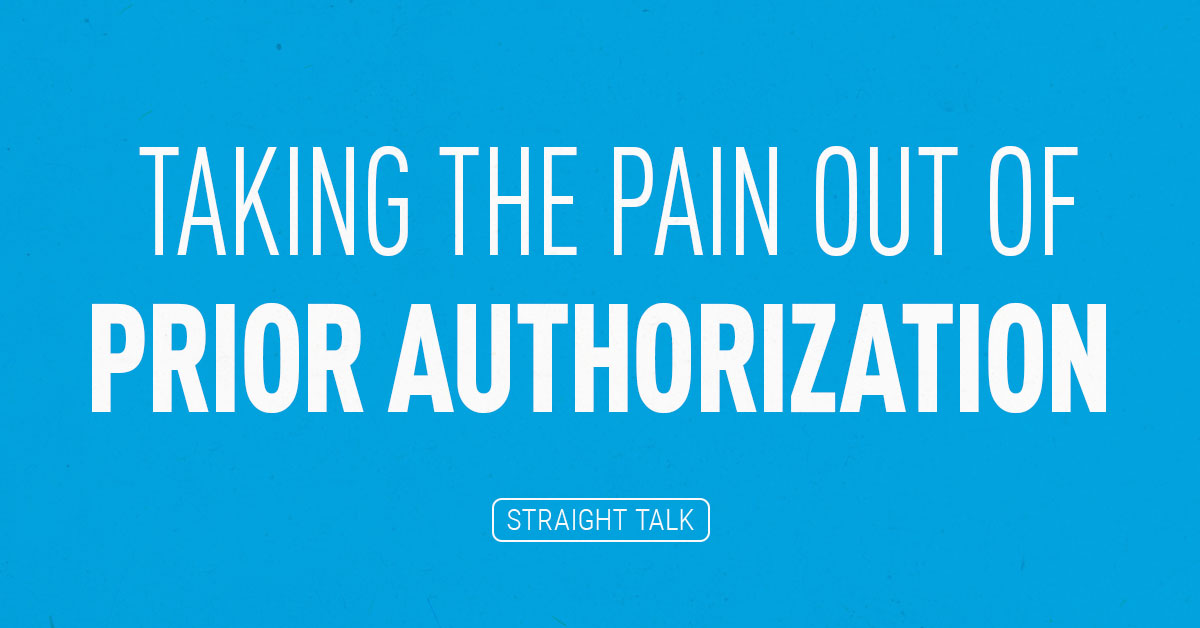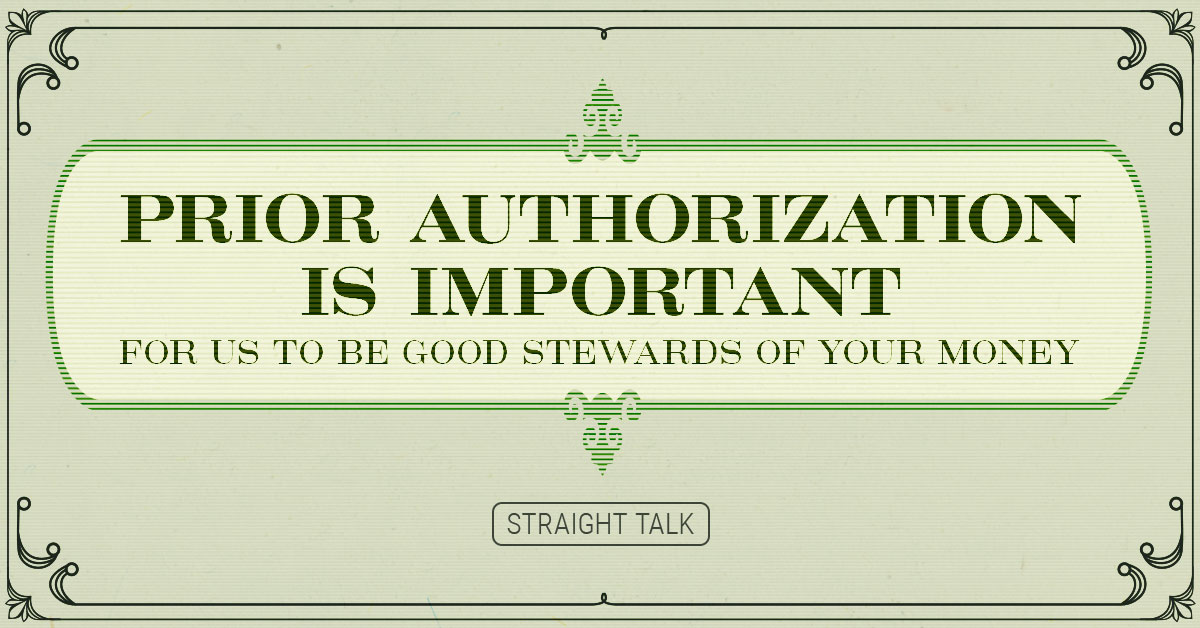Do you know that nagging feeling that you’ve left something really important undone? It’s a horrible feeling and, for me, it usually means I forgot something my wife told me to do.
Another not-so-good feeling is finding yourself without health insurance, whether by choice or against your will.
Maybe you lost your job, had a financial setback, changed jobs or aged-out of your parents’ coverage. Maybe you just didn’t think it was a priority, and then you got married, had children and realized healthcare coverage is a big part of “adulting.” No matter why you find yourself without health insurance, it’s not a good feeling.
What Should You Do?
People who don’t have coverage ask me all the time, “Mike, what should I do about health insurance?” While I don’t feel comfortable telling people what to buy, I feel it is important to know your options if you find yourself uninsured.
We’ve established in these pages that, here in America, we have succeeded in building a healthcare system that almost no one can afford to pay for completely out of pocket. You don’t EVER want to find yourself without solid major medical and drug coverage.
But, even with more ways to get covered, people do end up uninsured. In 2018, 11% of Louisianians were uninsured.
Let’s run through a scenario of how this could happen, with “Sally.”
Sally has just turned 26 years old and is about to move off her parents’ health insurance.
What are Sally’s options?
Ideally, Sally would have a job that provides health insurance coverage to employees, which she could sign up for. Employers often pay 70%, 80% or even 90% of their employees’ health insurance premiums. And Sally’s share of her premiums at work can be paid with pre-tax dollars! So even if Sally pays 20% of the premiums, she will get a discount equal to her marginal tax rate. For Sally, and most working adults, an employer plan is probably the best option.
But Mike, what if Sally doesn’t have a job yet? Or is working part-time? Or freelancing? Or works for an employer that doesn’t offer health coverage? What’s she supposed to do?
Since 2014, the Affordable Care Act has offered some strong options for Sally when she ages off of her parents’ coverage. In fact, the first thing the law did was allow her to stay on her parents’ coverage through age 25.
I would suggest to Sally that she start by shopping for comprehensive coverage on the Health Insurance Marketplace at healthcare.gov. Usually, you can only shop there during annual open enrollment periods (Nov. 1 through Dec. 15, with coverage starting on Jan. 1), but there are several situations that trigger a “special enrollment period.” Aging off your parents’ insurance IS one of those triggers. Sally will find different levels of coverage on the Marketplace, and her premiums will be based on her age and income.
Is Sally eligible for Medicaid?
If Sally is single and makes less than around $17,000 per year (138% of the Federal Poverty Level – FPL – or less), and she lives in Louisiana (or one of more than 30 states that have expanded Medicaid), she can enroll in the Medicaid program. This will provide free health insurance with no premiums or deductibles, and only very small copays for medicine. The coverage is comprehensive and includes doctor visits, hospital care and drug coverage too. The only caveat in Louisiana is a shortage of specialists who participate in Medicaid, meaning some specialty care might require a longer wait than she had on her parents’ plan, or what she’d have on an employer plan.
How can she get private insurance?
If Sally’s income is between $17,000 to about $47,000 a year (400% of the FPL as a single person), she can buy private health insurance on the Marketplace and receive federal financial assistance to help her with her premiums, and potentially help her pay her deductibles, too! A baseline plan for a 26-year-old these days runs around $375 a month. In the Baton Rouge area, the 2019 range is $260 to $690, depending on how much the plan covers and pays for services. That would apply if Sally earned more than 400% of FPL.
Sally can get federal assistance to pay most of that premium if her income is low enough. If she earns $21,000 a year, for example, premiums for some plans are as low as $0 and average around $90 a month! That’s a pretty good deal! This coverage is guaranteed, meaning Sally automatically qualifies no matter what her health status is, AND it is VERY broad coverage, with nearly every medical treatment imaginable covered. Because it is private insurance, Sally would have access to a larger provider network than Medicaid, and she probably won’t encounter long waits for specialty care.
What about coverage for less than a year?
Perhaps Sally has a job lined up and she starts work in a few months. Her new employer might require that she wait another month or two before her health insurance will start, which is a pretty common practice. What’s she supposed to do, then, since she doesn’t want to roll the dice and go without insurance, but she will only need it for a few months, until her employer coverage kicks in?
Sally can take advantage of some new insurance rules that allow for the sale of Short-Term Limited Duration health insurance coverage. These plans can last anywhere from one to 11 months, depending on what Sally needs. STL plans offer lots of coverage and are typically half the price of the plans on the Marketplace, especially if Sally doesn’t qualify for federal financial assistance.
Short-term plans are very flexible, so Sally can buy coverage that only lasts for the number of months she needs. And after 11 months, if Sally is still healthy and wants to stay on that plan, it will renew for another 11 months! Of course, Sally can still switch to the Marketplace during open enrollment.
There are some things Sally MUST be aware of before buying any short-term plan. I wrote EXTENSIVELY about the differences here. To sum up, short-term insurance requires that Sally pass a health screening before she can buy it. The coverage can be different as well; short-term plans typically wouldn’t cover things like birth control, or maternity benefits for Sally. Short-term plans are much less regulated than other products, so carrier reputation is very important when shopping for one. While all Marketplace plans have to cover a specified wide variety of medical events, short-term plans don’t have such strict rules. Sally must be sure she knows the differences before she buys one.
The good news is Sally has lots of options when she comes off her parents’ insurance. If we imagined Sally as a 35-year-old who is transitioning from one job one city or one state to another, she might have similar needs, and the same options may well apply (except for the possibility that she would move to a state that didn’t expand Medicaid). In 2019, there is little reason for Sally to go without health insurance.
So, I did remember a lot of stuff for you today! Now, if I can just get Straight with what my bride told me to do…





Leave a Reply